As the fresh energy of a new year sets in, many of us turn our focus to goals that promise a healthier, happier version of ourselves. From diets to workouts, we often prioritise action, but there’s an equally essential ingredient to wellness that doesn’t get the spotlight it deserves: rest. High-quality, intentional rest is more than just the absence of activity—it’s a transformative tool for resetting our minds, bodies, and spirits.
In a world constantly buzzing with notifications and distractions, embracing rest can feel revolutionary. Yet, looking to global traditions, we find an abundance of wisdom in how different cultures prepare for sleep. These rituals often combine sensory experiences, mindfulness, and intentionality – elements that can help us transition from the busyness of the day into restorative rest. Let’s explore bedtime practices from around the world to inspire your sleep routine and set the stage for rejuvenation.
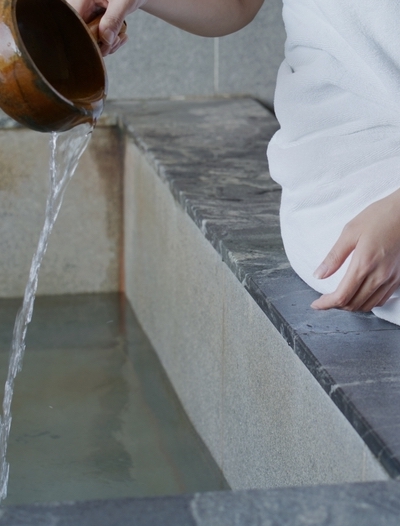
In Japan, the evening bath is not merely about hygiene—it’s a ritual of cleansing the body and calming the mind. Known as ofuro, the bath is typically a deep tub filled with warm water, often infused with calming scents like yuzu or hinoki (Japanese cypress). The process begins with a thorough cleansing outside the tub, ensuring the water remains pure for soaking. This time-honoured tradition is deeply meditative, helping individuals release the stresses of the day.
For many Japanese families, the bath is a quiet, personal sanctuary. It’s a moment to reflect, disconnect, and feel enveloped in warmth. The physiological benefits are equally profound: soaking in warm water promotes circulation, relaxes tense muscles, and helps lower cortisol levels, setting the body up for restful sleep.
Try it: Recreate this tranquil experience by filling your bath with warm water and adding a few drops of essential oils like yuzu or lavender. Keep the lighting low and play soft, ambient music or embrace silence to deepen the relaxation.
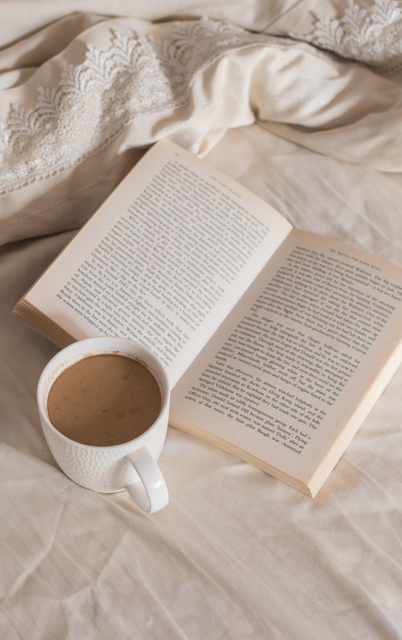
While the Danish concept of hygge has captured global attention, its spirit of warmth, cosiness, and connection is just as deeply rooted in Swedish culture, where it’s known as mysa. In Sweden, mysa embodies the art of creating a serene and inviting atmosphere, particularly in the evenings.
A mysa evening is all about unwinding intentionally: snuggling under soft blankets, dimming the lights, lighting candles, and savouring a soothing activity like reading or sipping herbal tea. This practice transforms your bedroom into a sanctuary of comfort and calm. By focusing on simple sensory pleasures—plush textures, warm lighting, and relaxing scents—it cultivates a profound sense of well-being, ideal for easing into sleep. It’s a refreshing alternative to the typical screen-heavy evenings, fostering mindfulness and presence.
H&H’s Partnerships Director (and fellow Swede) Louise says, “After my son goes to bed I love getting cosy and indulging in some downtime and focusing on myself whether that’s with a long bath with Balt salts and essentials oils or crawling early into bed and lighting a candle. This instantly sets the tone for me time. My favourite way to relax is with a little at-home facial. I double cleanse and then get snuggled up with a sheet mask my guy sha mushrooms and a good book.. or at the moment a Christmas movie.”
Try it: Incorporate natural materials like cotton or wool for your bedding, add scented candles, and keep a calming book at your bedside. Trade screen time for journaling or meditating, and wrap yourself in a cosy throw for a truly mysa-inspired evening.
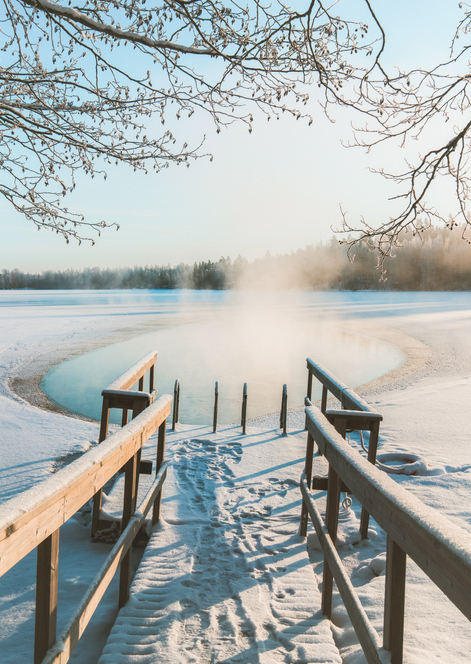
In Finland, saunas are more than just a wellness trend—they’re an integral part of life. The evening sauna ritual is a time-honoured way to relax after a long day, often shared with family or close friends. The warm, wood-heated environment soothes muscles, releases tension, and helps flush toxins through gentle sweating.
Afterwards, Finns traditionally cool down, whether by stepping into the crisp night air or even taking a cold plunge. This sharp contrast resets the body’s temperature and enhances circulation, leaving one refreshed and ready for sleep. The sauna isn’t merely about physical relaxation; it’s a mental reset that clears the mind and creates space for quiet reflection.
Try it: If a sauna isn’t accessible, mimic the effect with a hot shower followed by a brief cool rinse. Focus on the sensations of warmth and then cooling to ground yourself.
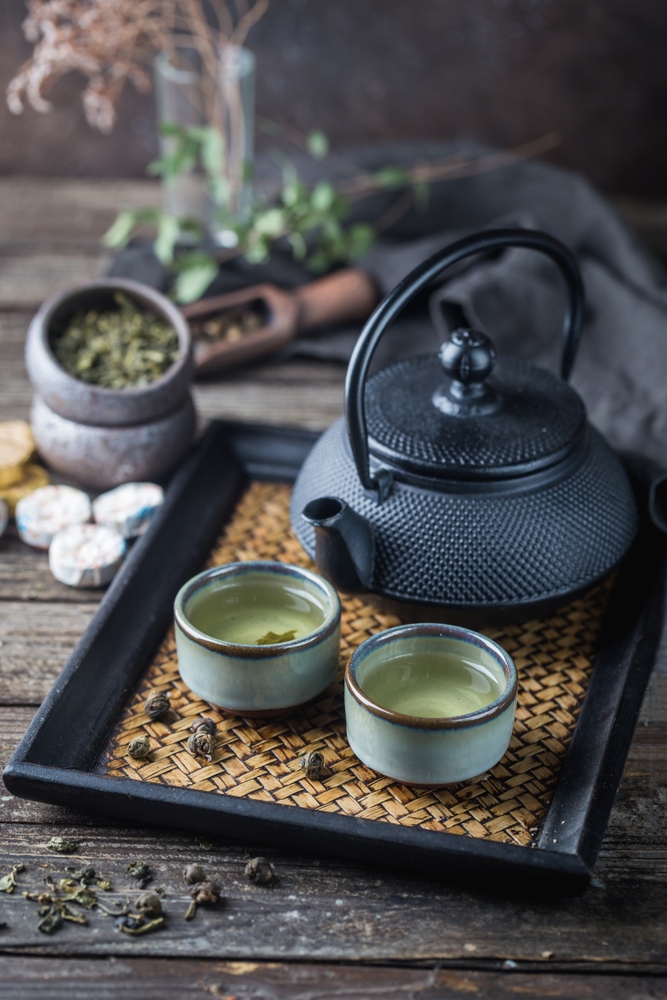
In China, evening rest often begins with a soothing cup of herbal tea, guided by principles from traditional Chinese medicine. Popular choices include chrysanthemum tea, which is believed to cool the body and calm the mind, or jujube tea, known for its sleep-enhancing properties. These teas are steeped in cultural meaning and are often enjoyed slowly, creating a moment of mindful unwinding.
Drinking tea is not just about its ingredients; it’s about ritual. The act of preparing and sipping tea serves as a grounding practice, helping to transition from the day’s busyness to the stillness of night. The aromas and flavours further engage the senses, encouraging relaxation.
Try it: Brew a cup of chrysanthemum tea or experiment with other herbal blends like chamomile or jasmine. Sip it slowly in a quiet space, focusing on its warmth and aroma to deepen your connection to the moment.
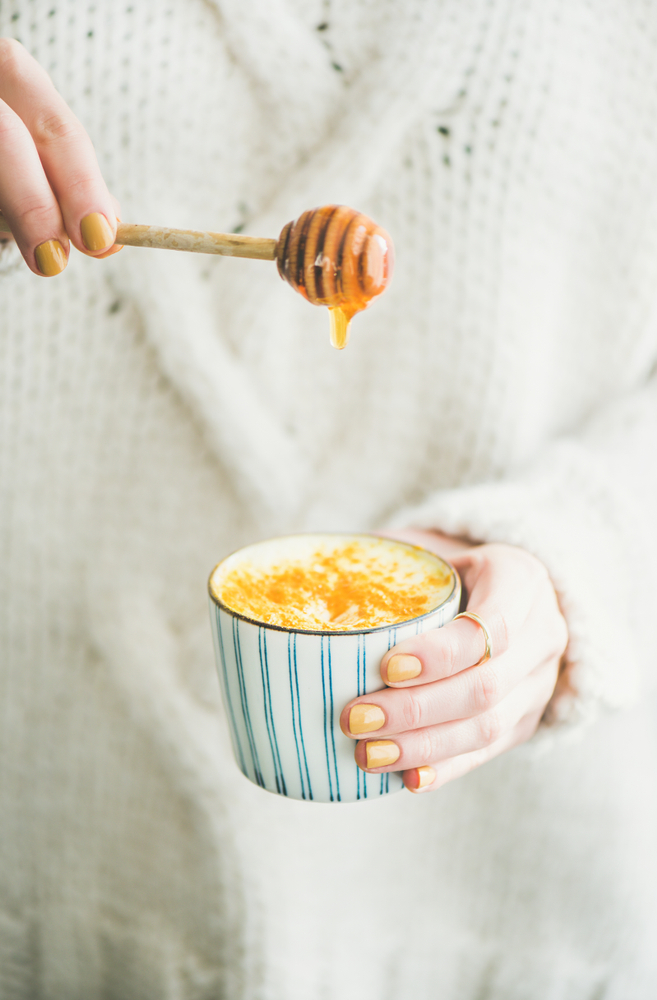
In India, the ancient practice of Ayurveda offers a wealth of wisdom on preparing for sleep. A nightly abhyanga—a self-massage using warm oils like sesame or coconut—is believed to calm the nervous system and release physical tension. Often, this is paired with sipping haldi doodh, or golden milk, a blend of warm milk, turmeric, and spices that support relaxation and immune health.
Ayurveda also encourages disconnecting from stimulating activities before bedtime. This might include gentle yoga poses or pranayama (breathing exercises) to balance energy and create a sense of inner stillness. These holistic practices emphasize nurturing the mind and body as one to achieve restful sleep.
Try it: Warm a small amount of sesame oil and massage it gently onto your scalp, hands, and feet before bed. Follow with a cup of golden milk, made by heating your preferred milk with turmeric, cinnamon, and a touch of honey.
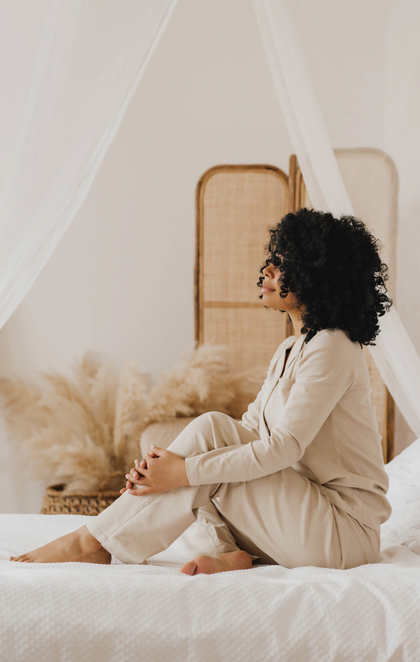
In Italy, the concept of dolce far niente—the sweetness of doing nothing—is a cherished aspect of daily life, especially in the evenings. Nighttime often involves simple, pleasurable rituals like enjoying a herbal tea, savouring the quiet, or engaging in light conversation. It’s about slowing down, letting go of responsibilities, and allowing yourself the freedom to be still.
This approach to rest emphasises the emotional and mental aspects of relaxation. By creating a sense of ease and gratitude, Italians set the tone for deeper, more restorative sleep.
Try it: Dedicate your last 30 minutes before bed to doing “nothing.” This might mean sitting with a warm drink, reflecting on the day, or simply basking in the silence. The key is to let go of the need to achieve or multitask.
Rest is the foundation of wellness, and these global rituals remind us that preparing for sleep can be as intentional and nourishing as the rest itself. By weaving some of these traditions into your evening routine, you may find not only better sleep but a deeper sense of calm and balance in your life.


